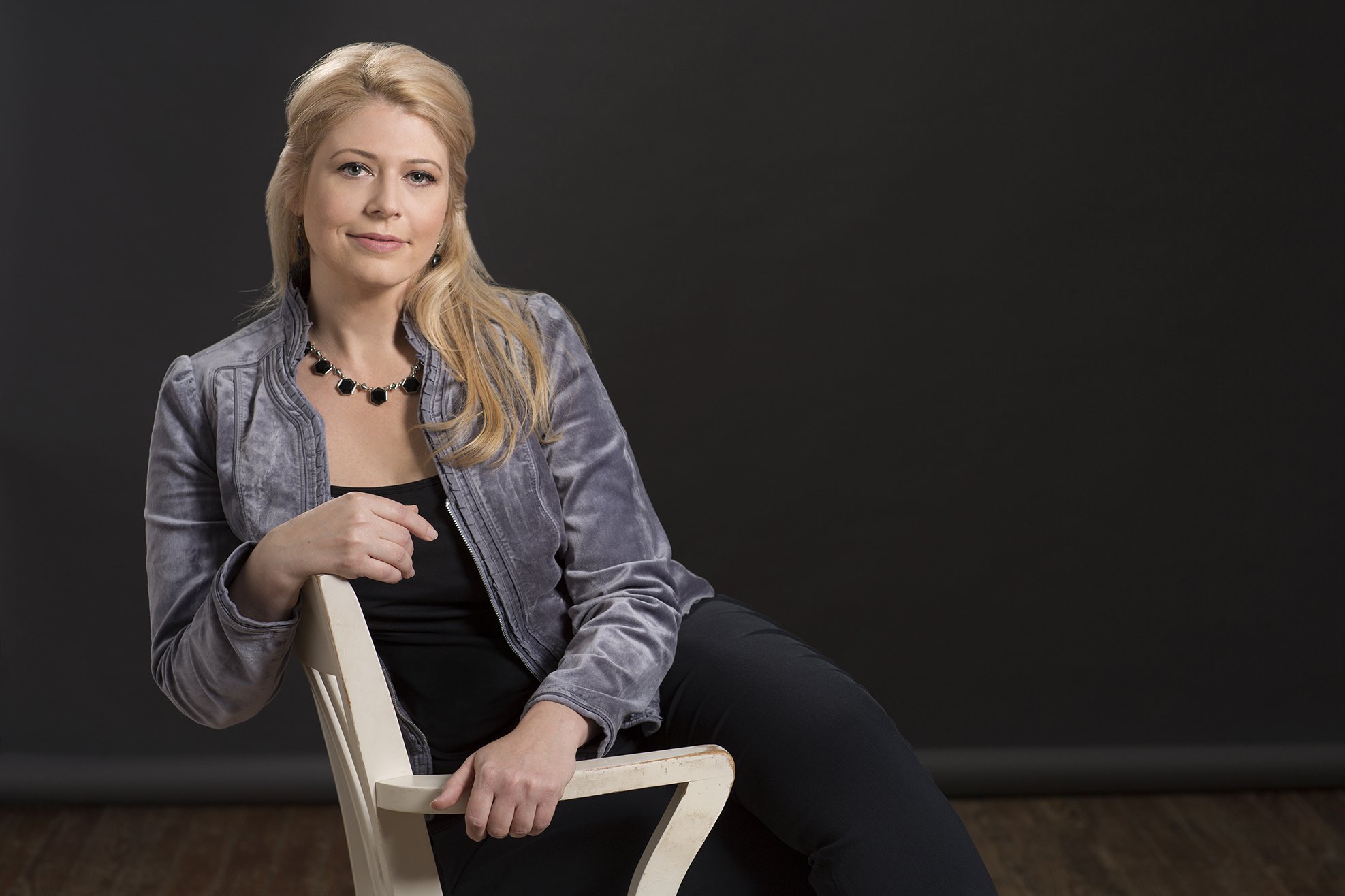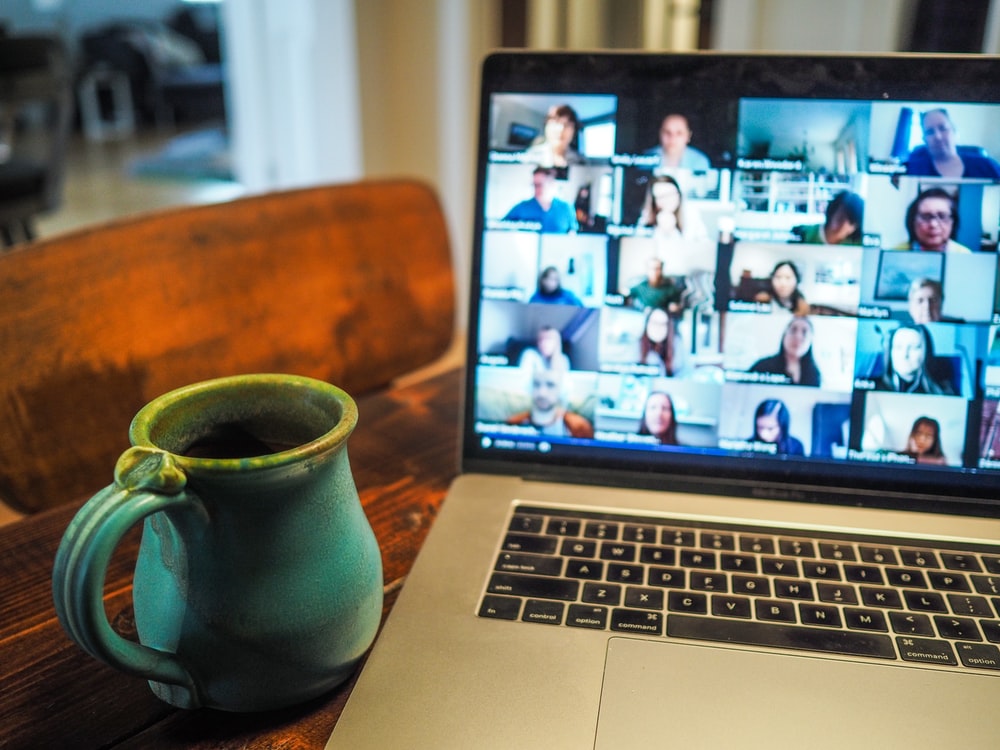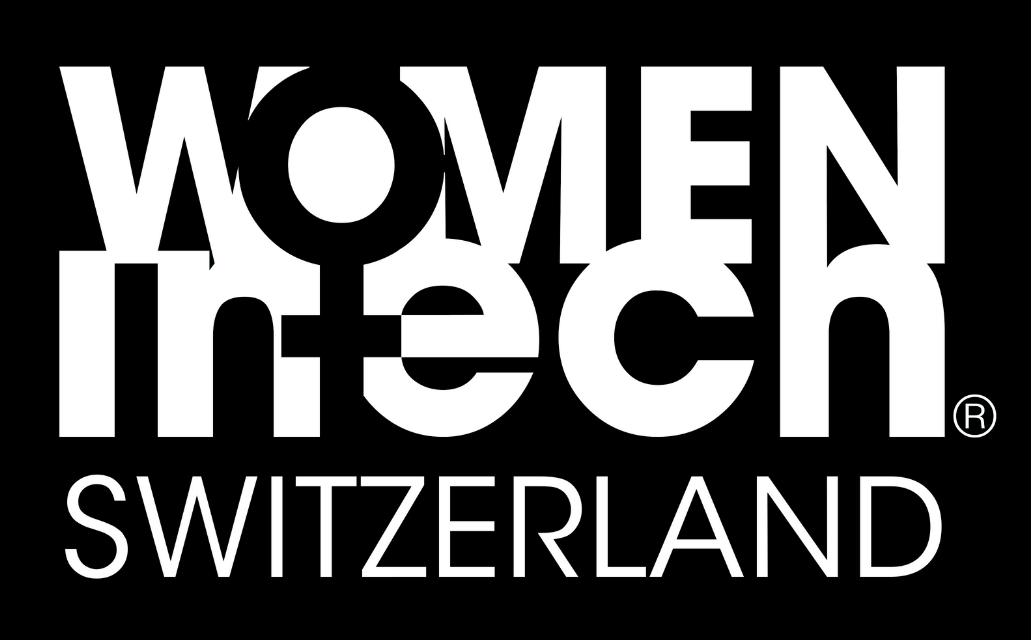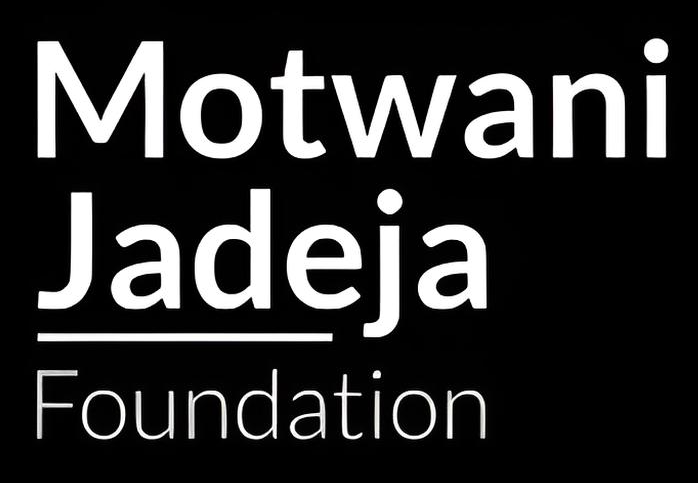Pascale Setbon moved to the United States from France eighteen years ago with one of her children and the hope that she would remain connected to his French culture. She knew right away that as her son became integrated within the states that he would soon become culturally American. Which strengthened her desire to ensure that he would maintain a bond to his French heritage.
Setbon, being the business minded woman she is, quickly became aware of the demand for children to be raised bilingually in order to conserve relationships with their various cultures and after eight years of teaching, she finally opened her own school. Pascale Setbon is the founder of the, “Language & Laughter Studio”, where young children learn a bilingual education.
Before starting her own business, Pascale Setbon taught at various schools. However, she wanted the freedom to teach in her own unique way using her desired techniques and structure. She wanted to veer away from traditional teaching methods in order to implement her own progressive methodology. Her students are able to learn through discussion and expression of ideas, which truly separates her school from the standard way of learning. Through her method of learning, Pascale is able to mold both American and French students into bilingual, expressive individuals.
Prior to the, “Language & Laughter Studio”, Setbon worked in a few environments that included many men that allowed her to recognize the true power of women within the male-dominated work world. Setbon states that women “are often abused in many fields, but they also have a lot of power if they know how to use it.” Setbon understood her use of this power as part of a “game,” and she did not want to play. She instead wanted to step away from the male-female tensions in the workplace and begin her own businesses that allowed her to operate according to her individual standards. Fortunately for Setbon, her gender did not hinder her from building the, “Language & Laughter Studio,” although she understands that oftentimes there is a greater challenge for women to begin their own businesses. She finds that in the world of education, which is generally more female-dominated, that she does not find herself struggling based on her gender.
Setbon’s French background is a vital element of her business journey, as she comes from a place in which women are provided with a greater opportunity to have children and also work. The government provides funding to women with children, while the work world is very understanding of familial obligations. Unlike America, France really helps women who have both jobs and children. In addition, in France gender inequality is not nearly as prominent, which is very important to Setbon’s business ethic. Back in Europe she did not have to experience gender-based ridicule, and this allowed her to enter the work world without holding the predisposed notion that men dominate the business world. Much of her journey can be attributed to her French culture, as she was given a sense of confidence that American women struggle to obtain.
With her French perspective, Setbon also offers a unique understanding of how to address gender inequality in the workforce. Today women are fighting for their rights, both in the workforce and in general, at a very fast and urgent pace. Just as the women in France are true fighters, American women are now ready to push their way into a work world with equal opportunity and gender blindness. Setbon believes that in order to end gender inequality, we all must become feminists. To not identify as a feminist, Setbon claims, is to be sexist and therefore both men and women need to address feminism as a way to equalize the work world. Setbon’s teaching methods can be applied to the issue of gender inequality, as she provides a space in which children have the opportunity to be who they want to be without the constraints or ideals of society. Her hope is that our world will become a place that, “is not about individuality, but about sharing resources being more compassionate.” If we all had this opportunity, or if our society implemented this way of being, individuals would be judged based on their character rather than their gender.



































